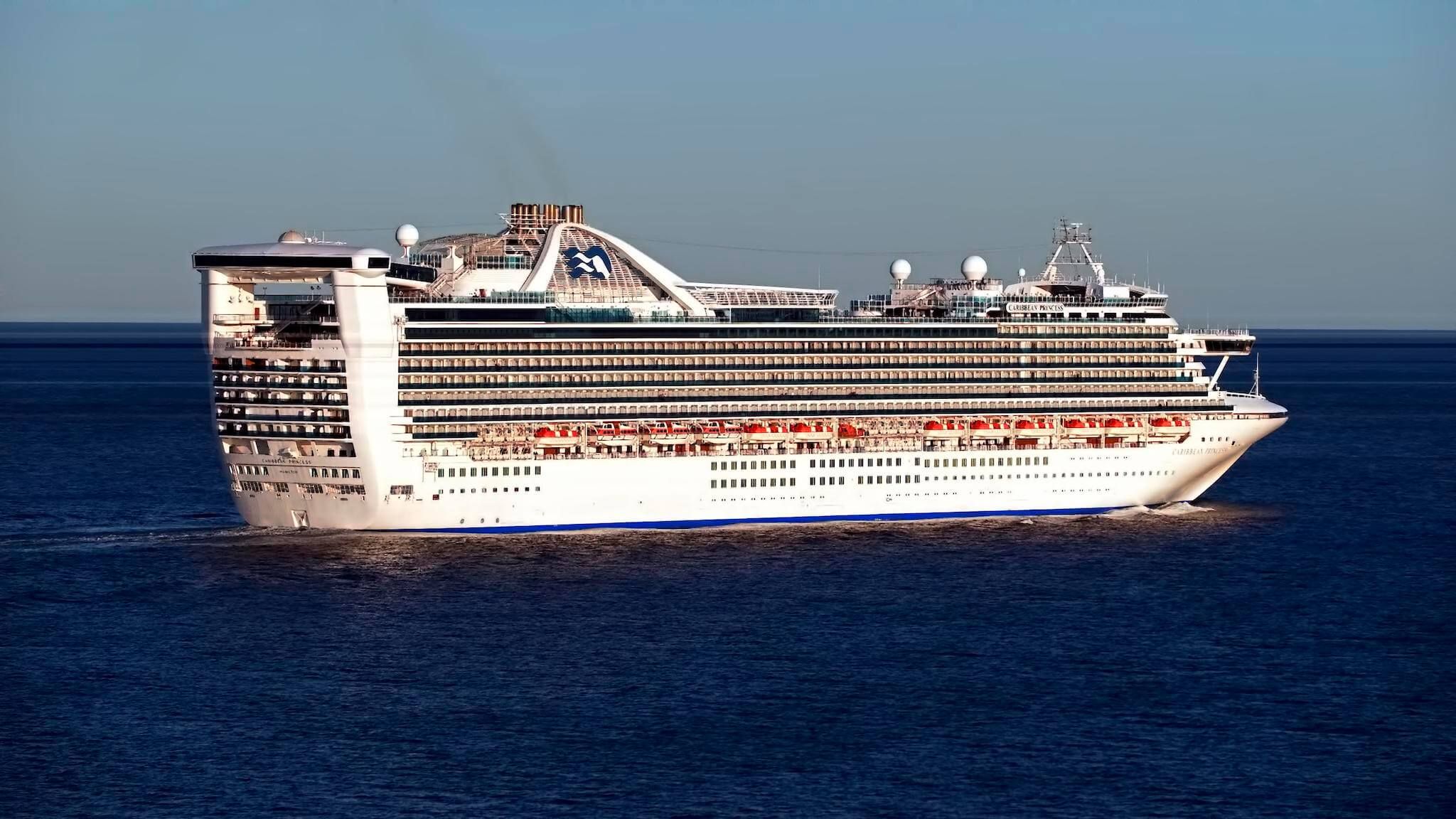The vastness of the oceans and the impression (as the old and erroneous saying goes) that “dilution is the solution to pollution” has for centuries given humans the license to dump virtually anything offshore. Oil, sewage, corpses, weapons, chemicals, garbage, and even at-sea superstructures like oil platforms disappear into the oceans, as if swallowed up by a black hole, never to be seen again. The real crime of this history is that most of this behavior was not (until recently) even seen as a crime.
Today we release the sixth episode of The Outlaw Ocean Podcast, which highlights the vexing and woefully under-discussed problem of the intentional dumping of waste at sea. It makes the point that oil spills get a lot of media attention, but ships purposely dump more oil and sludge into the oceans, on average, every three years than the amount spilled in the BP and Exxon Valdez accidents combined. This travesty is made possible by corrupt ship captains and engineers who use a so-called “Magic Pipe” that dumps oil discreetly under the water line rather than dispose of it on land as is legally required.
To understand the phenomenon, I talk to Richard Udell, a federal prosecutor who specializes in environmental crimes. He tells the story of Carnival’s Caribbean Princess cruise ship, which used such a pipe and was caught, convicted and hit with the biggest fine in history.
In 2013, a newly hired engineer on the Caribbean Princess saw something amiss in the massive vessel’s engine room, an illegal device known in the industry as a “ magic pipe.” Several feet long, the pipe stretched from a nozzle on a carbon filter pump to a water tank. Its magic trick? Making the ship’s used oil and other nasty liquids disappear. Rather than storing the highly toxic effluent and unloading it at port, as the ship was legally required to do, the pipe was secretly flushing the waste into the ocean, saving the ship’s owner millions of dollars in disposal fees and port delays.
The engineer used his cell phone to take shaky videos and pictures of the pipe, as well as photographs of the engine-room computer screen that showed how discharges were being manipulated and brought that to the attention of the authorities. Carnival called the Caribbean Princess an isolated case. But oil logs from the company’s other ships, disclosed in court records, indicated that oil dumping was a widespread practice.
The episode sets this case in a broader context of other forms of at-sea dumping in a conversation with Annie Leonard, CEO of Greenpeace and creator of “The Story of Plastic.” We learn that the true peril of the ocean comes not just from what we take from the water. The threat also stems from what we put into it. Much as we long perceived the skies as a free and bottomless trash bin for carbon and other airborne waste (and now via “climate change” we understand the true costs), the oceans are reaching a tipping point tied to plastic and other refuse.
Over the past two centuries, the concentration of mercury in the top 300 feet of the oceans has tripled because of human activity, especially the burning of coal. Likewise, carbon dioxide levels in the air have risen about 25 percent since 1958. A great deal of this extra carbon dioxide has dissolved in the oceans, thereby dangerously spiking carbon levels. Carbon dioxide dissolves in water to create carbonic acid and perilously high acidity levels across the world’s oceans. Despite the vastness of the sea, these pollutants are affecting marine life and ocean ecosystems, dissolving the shells of many creatures and leading to hazardous mercury levels in some types of fish.
Habits and law are tough to reform; culture and popular perspective evolve slowly. The existential question begged in this podcast episode is how soon will we stop treating the ocean like a giant liquid landfill? And will it be soon enough? Listen:
